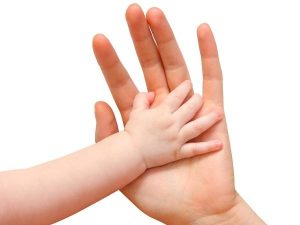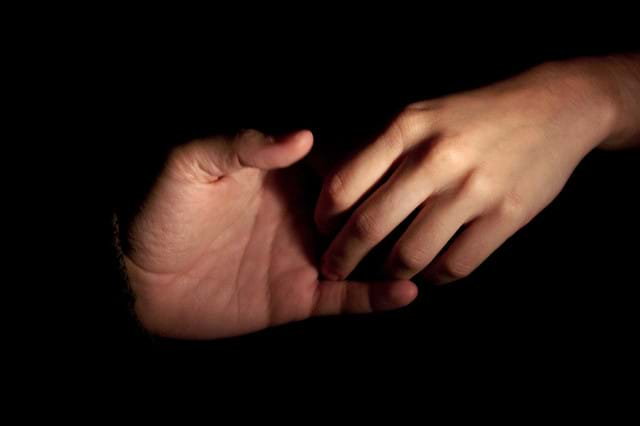Remember the time when you were so hungry and you had nothing to eat? Hunger starvation is something very common to us. But did you know that we humans also crave touch? And if you don’t quench your touch craving on time, you will be touch starved or touch-deprived. Interestingly, touch starvation is a condition that happens when you don’t get as much physical touch as you’re used to or any at all. You crave contact but can’t interact with others for some reason. It’s also known as touch deprivation or skin hunger. It’s the same as you crave food while you’re hungry. And for some reason, you can’t get it.
Psychotherapist Rachel Cooke said, “We feel skin hunger when we notice a discrepancy between the amount of touch that we want and the amount of touch that we’re actually getting. The signals are very similar to regular food hunger, we notice it when we’re not getting enough.”
Why is touch important?
Being a social animal, the human touch is a huge part of how we interact with others. We, humans, are bound to make and connect with other people through physical touches and contacts. We shake our co-workers’ hands, hug our loved ones, and high-five our friends.
Likewise, the skin is the largest organ in your body. It sends good and bad touch sensations to our brains. Don’t we all love being hugged when we are sad? It’s because we engage in pleasant touches, like a hug, your brain releases a hormone called oxytocin. This makes you feel good and firms up emotional and social bonds. In addition to building good vibes and emotion, it also lowers anxiety and fear.

The eternal relation between a human and physical touch begins from the birth itself. When babies are born, doctors suggest that mothers hold and comfort them often to promote healthy development. This human-to-human interaction isn’t just for a while as it keeps up throughout our lives. Even in adulthood, human touch helps regulate sleep and digestion, build your immune system, and fight infections. It’s no wonder why we humans would crave touch.
Causes of touch starvation
You must be thinking touch starvation can’t have any serious consequences. While in contrast, touch starvation increases feelings of stress, depression, and anxiety. In the wake of that, this may trigger a variety of negative physiological effects too.
According to a 2018 study, Trusted Source notes that skin can communicate positive and negative touch stimuli to sensory nerves, which convey the sensation of touch to the brain. In response to low-intensity stimulation of the skin, such as touch or stroking, the body releases oxytocin, which some people call the “love hormone.” Likewise, oxytocin has many potential benefits. rather than just being the happy hormone. Oxytocin contributes to everyday well-being and stress reduction. Hence, regular touch may help maintain general well-being. While on the other hand, lack of physical contact may accelerate negative psychological and physiological effects.
Symptoms
Asim Shah, M.D. said, “Their psyche and their body want to touch someone, but they can’t do it because of the fear associated with, in this case, the pandemic.” He related touch starvation as a mushrooming problem in many people due to the social distancing and pandemic.
It might be confusing for someone to know if they are experiencing touch starvation. However, most commonly, people feel an overly sad sensation of loneliness.
People may also experience:
- stress
- anxiety
- feelings of depression
- low satisfaction
- difficulty sleeping
- fatigue

Moreover, people may show behavior where they try to simulate touch via different mediums. This could include taking long baths or showers, wrapping up in blankets, cuddling a pet or cushion. If you ever find yourself or your friend going through touch starvation don’t forget to give your friend a good long hug. And you can always interact with your pets, or dance and do yoga.









